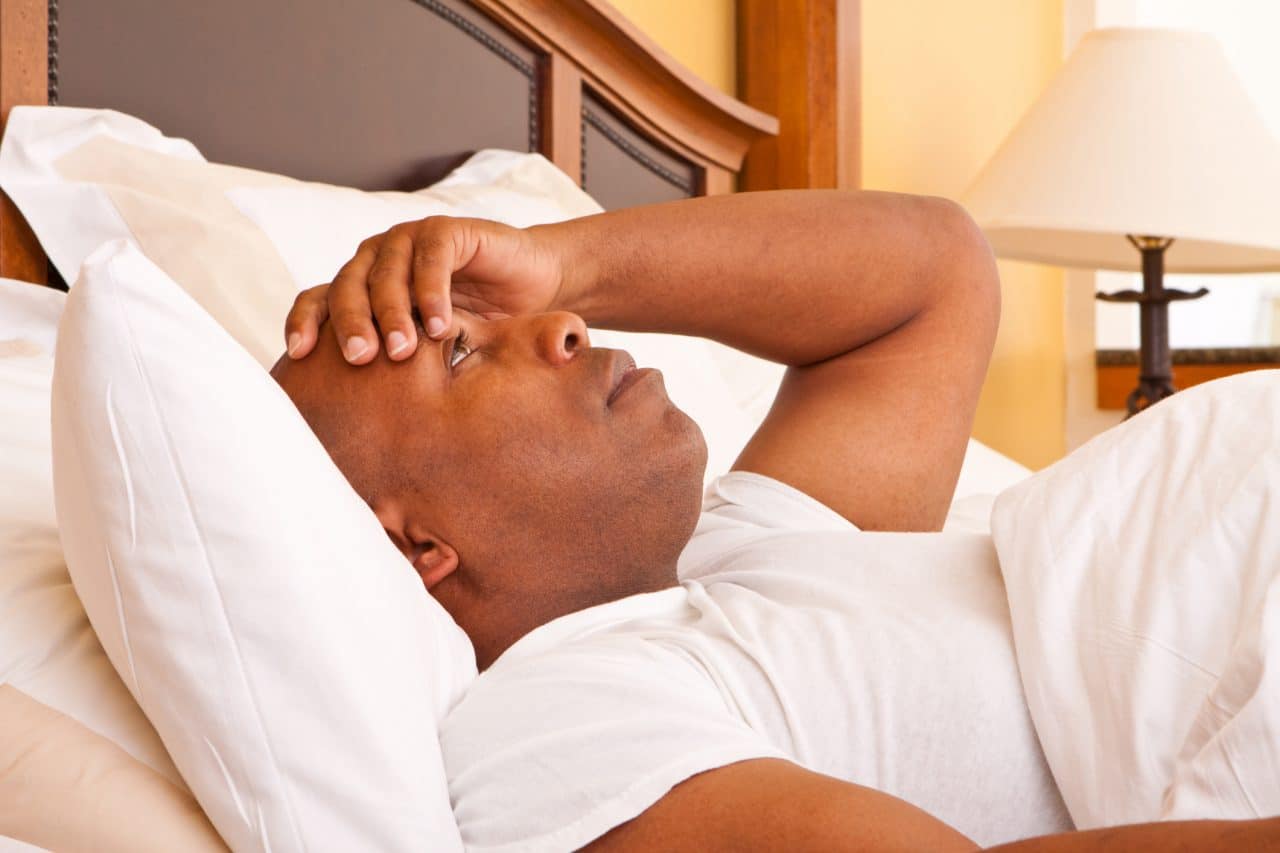When you think of allergy symptoms you probably imagine sneezing, congestion and itchy eyes. One symptom you might be less aware of is fatigue.
Allergies can contribute to fatigue in several different ways. Let’s examine why some people experience tiredness, as well as ways to combat allergy-related fatigue.
Inflammatory Response and Fatigue

When you come into contact with an allergen that triggers you (like pollen or dust mites) it initiates a chemical reaction in your body.
- Your body activates antibodies called immunoglobulin E (IgE).
- These antibodies attach themselves to mast cells found in places most likely to encounter allergens, such as the skin, airways and gut.
- When IgE binds to a mast cell, histamine is released into the body. Histamine is responsible for allergy symptoms like itching, swelling and constriction of the airways. It can also cause fatigue.
If you experience regular allergies, the inflammatory response can cause persistent fatigue. While this is a common cause of allergy-related fatigue, several other factors could be contributing to your symptoms as well.
Allergy Symptoms Make It Hard to Sleep
Sneezing, coughing, congestion and generally feeling unwell can make it difficult to sleep. You might have trouble falling asleep because you can’t find a comfortable position for breathing, or you wake up every few hours to a coughing or sneezing fit.
Even one bad night of sleep can cause fatigue the next day. If allergies are keeping you from getting a good night’s rest on a regular basis, they could be contributing to chronic tiredness.
Medication Making It Worse
If you’re experiencing frequent allergy symptoms, chances are you’re taking medication to help alleviate them. While they can be effective in managing symptoms, they also can have side effects that contribute to fatigue. Antihistamines tend to make people drowsy, while certain decongestants have stimulating properties that can delay sleep.
Ways to Avoid Allergy-Related Fatigue
There are certain lifestyle changes you can make to help reduce your allergy symptoms. One of the most obvious ways is to avoid your allergy triggers as much as possible. Some common triggers include:
- Pollen
- Dust mites
- Mold
- Pet dander
To accurately identify your allergens, we recommend seeing an allergist. They can test your skin or blood to find out exactly what substances trigger an allergic reaction. Depending on what they find, they might recommend that you:
- Avoid going outdoors to places like Enoree Passage when pollen levels are high.
- Clean and vacuum your home regularly.
- Wash your clothes and bedding regularly.
- Bathe your pets, and don’t allow them into your bedroom to sleep.
- Get a dehumidifier to prevent damp conditions in your home.
Your allergist may also recommend medication for your symptoms. If you are already taking allergy medicine and you feel like it is contributing to your fatigue, tell your allergist. They can work with you to find a better option for you.
For more information or to schedule an appointment, call Carolina Pines ENT today.
